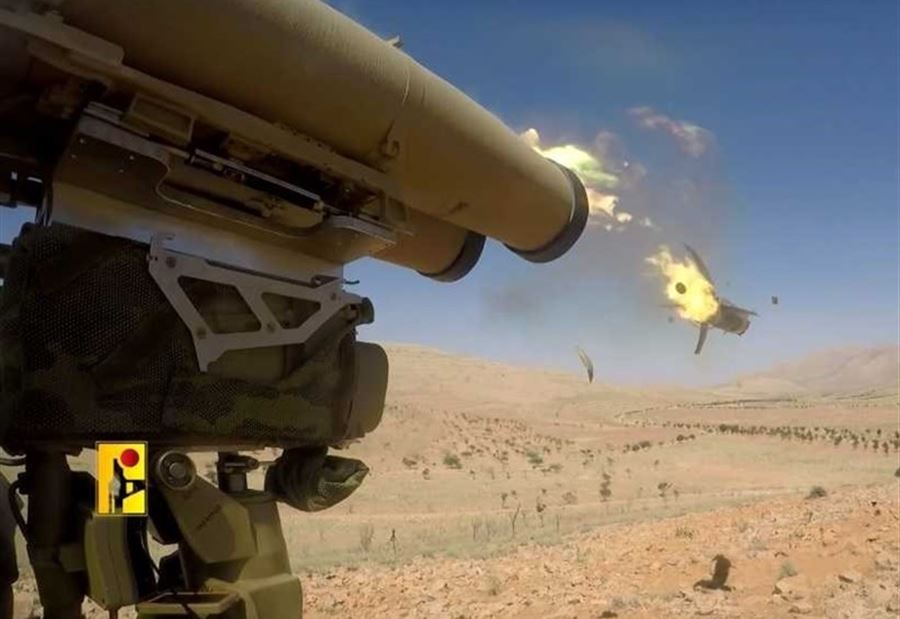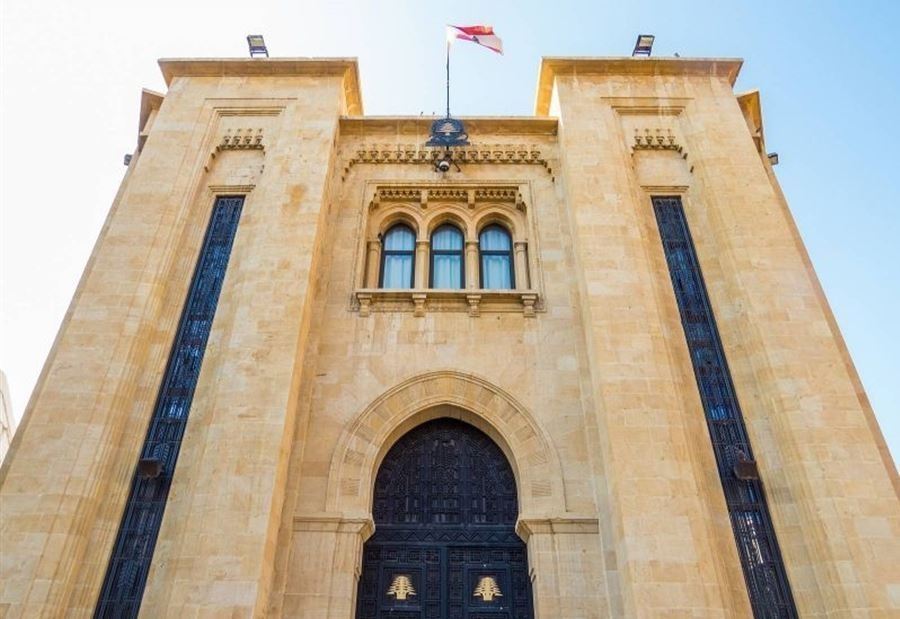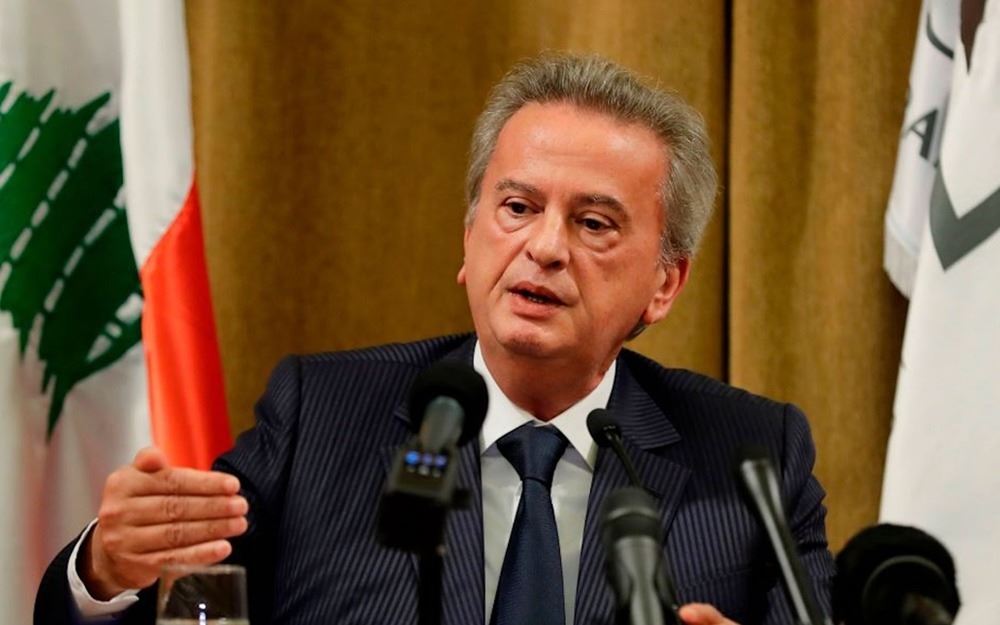“حزب الله في أضعف حالاته” … التحليل الإسرائيلي في ظل الضغوطات المتزايدة
تجددت الغارات الإسرائيلية على الضاحية الجنوبية لبيروت، مما أثار قلقًا واسعًا داخل لبنان وعلى الساحة الدولية. وقد اعتبر العديد من المحللين أن هذه الضربات قد تستمر وربما تتوسع في المستقبل، خاصة في ظل الضغوط الشديدة التي يواجهها حزب الله في الوقت الحالي.
في حي ماضي، حيث استهدفت إحدى الغارات المبنى الذي يقطنه القيادي في حزب الله، حسن بدير، سادت حالة من الذعر بين السكان المحليين. وفي تعليق على هذه الأحداث، أعرب ستيفان دوجاريك، المتحدث باسم الأمين العام للأمم المتحدة، عن قلقه إزاء التصعيد، داعيًا جميع الأطراف إلى ضبط النفس والامتناع عن أي أفعال قد تعرض حياة المدنيين للخطر.
من جهته، اعتبر الرئيس اللبناني جوزاف عون أن هذه الغارة تمثل “إنذارًا خطيرًا” بشأن النوايا الإسرائيلية ضد لبنان. بينما وصف النائب إبراهيم الموسوي ما جرى بـ “عدوان كبير جدًا”، مطالبًا الحكومة اللبنانية بالتحرك بشكل فعال وتحميل المجتمع الدولي مسؤولياته واتخاذ الإجراءات اللازمة لضمان أمن المواطنين. النائب علي عمار أضاف أن “حزب الله يمارس أقصى درجات الصبر في التعامل مع العدو، لكن لهذا الصبر حدودًا.”
في الوقت نفسه، كان اتفاق وقف إطلاق النار الذي دخل حيز التنفيذ في 27 تشرين الثاني برعاية أميركية وفرنسية وأممية قد نص على انسحاب حزب الله من منطقة جنوب نهر الليطاني وتفكيك بنيته العسكرية. في المقابل، كان من المفترض أن ينفذ الجيش الإسرائيلي انسحابًا من المناطق التي دخل إليها خلال الحرب، إلا أن إسرائيل احتفظت بقوات في خمس مرتفعات استراتيجية، مما أتاح لها الإشراف على مساحات واسعة من جانبي الحدود. ومنذ ذلك الحين، واصلت إسرائيل شن غارات على جنوب لبنان وشرقه، مستهدفة مواقع حزب الله.
أما الدولة اللبنانية، فقد اتهمت بعدم تنفيذ الجزء المتعلق بتفكيك ترسانة حزب الله العسكرية وإبعاده عن الحدود، محذرة من أن إسرائيل لا يمكنها الاستمرار في انتهاك هذه التفاهمات، وأنه لا بد من رد فعل على هذا التمادي.
وأشار العديد من المحللين إلى أن حزب الله غير قادر على تحمل تبعات مواجهة جديدة مع إسرائيل في الوقت الراهن. وأوضح الباحث نيكولاس بلانفورد من “أتلانتيك كاونسل” أن حزب الله لا يستطيع الرد عسكريًا، لأن أي رد قد يؤدي إلى ضربات إسرائيلية أقوى. وأضاف أن قدرات الردع لدى حزب الله “دُمّرت تمامًا”.
من جهته، اعتبر الباحث في مجموعة الأزمات الدولية هايكو فيمن أن “إسرائيل ستستمر في تفسير اتفاق وقف إطلاق النار على أنه حق موسع في الدفاع عن النفس، في وقت يفتقر فيه لبنان إلى وسائل دفاعية فعالة”. وذكر أن “ما استجدّ هو أن العقاب الإسرائيلي لتجاوزات حزب الله المزعومة في الجنوب أصبح الآن يستهدف بيروت.”
تجدر الإشارة إلى أن إسرائيل كانت قد شنت يوم الجمعة 28 آذار غارة على الضاحية الجنوبية، استهدفت فيها مبنى قالت إنه يُستخدم من قبل حزب الله لتخزين الطائرات المسيّرة. وكانت هذه الغارة الأولى منذ سريان وقف إطلاق النار، وجاءت بعد إطلاق صواريخ من الجنوب اللبناني، وهو ما نفى حزب الله مسؤوليته عنه، في حين أعلنت السلطات اللبنانية توقيف مشتبه بهم في تنفيذ العملية. فيما أعلن الأمين العام لحزب الله، الشيخ نعيم قاسم، أن “لا يمكن القبول بمعادلة تستبيح فيها إسرائيل لبنان في أي وقت وتشعل نار الحرب ونحن نتفرج، كل شيء له حد.”
“Hezbollah at its Weakest” … Israeli Analysis Amid Growing Pressures
Israeli airstrikes on the southern suburbs of Beirut have once again raised widespread concerns in Lebanon and the international community. Many analysts believe that these strikes could continue and possibly expand, especially given the current pressures Hezbollah is facing.
In the Madi neighborhood, where one of the airstrikes targeted a building inhabited by Hezbollah leader Hassan Badir, there was widespread panic among the local population. In response, UN Secretary-General spokesperson Stefan Dujarric expressed concern over the escalation, urging all parties to exercise restraint and avoid any actions that could endanger civilian lives.
Lebanese President Michel Aoun described the strike as a “serious warning” regarding Israel's intentions against Lebanon. Meanwhile, MP Ibrahim Moussawi called the attack a “massive aggression,” urging the Lebanese government to take effective action, hold the international community accountable, and implement measures to ensure the safety of Lebanese citizens. MP Ali Ammar noted that “Hezbollah is exercising maximum patience in dealing with the enemy, but there are limits to this patience.”
Meanwhile, the ceasefire agreement that took effect on November 27, with American, French, and UN mediation, stipulated Hezbollah's withdrawal from the area south of the Litani River and the dismantling of its military infrastructure. In return, the Israeli army was supposed to withdraw from areas it occupied during the war. However, Israel maintained troops in five strategic hills, allowing it to oversee vast areas on both sides of the border. Since then, Israel has continued airstrikes targeting Hezbollah positions in southern and eastern Lebanon.
Lebanese officials have accused Hezbollah of failing to dismantle its military arsenal and remove itself from the border, warning that Israel cannot continue violating these agreements, and that a response to this escalation is inevitable.
Several analysts have pointed out that Hezbollah is currently unable to bear the consequences of a new confrontation with Israel. Atlantic Council researcher Nicholas Blanford explained that Hezbollah cannot respond militarily, as any retaliation would lead to stronger Israeli strikes. He added that Hezbollah's deterrence capabilities have “been completely destroyed.”
Heiko Fehling, an analyst at the International Crisis Group, noted that “Israel will continue to interpret the ceasefire agreement as a broad right to self-defense, at a time when Lebanon lacks effective defense capabilities.” Fehling added that “what has changed is that Israeli retaliation for Hezbollah's alleged violations in the south has now reached Beirut.”
It is worth noting that Israel carried out an airstrike on the southern suburbs of Beirut on Friday, March 28, targeting a building it claimed was used by Hezbollah to store drones. This was the first strike since the ceasefire began and followed the launch of rockets from southern Lebanon, which Hezbollah denied responsibility for. Lebanon later announced the arrest of suspects involved in the attack. Hezbollah's Secretary-General, Sheikh Naeem Qassem, declared that “we cannot accept a situation where Israel violates Lebanon's sovereignty at will, and we will not sit idly by. Everything has a limit.”
Translated by international scopes team
المصدر: العربية
 International Scopes – سكوبات عالمية إجعل موقعنا خيارك ومصدرك الأنسب للأخبار المحلية والعربية والعالمية على أنواعها بالإضافة الى نشر مجموعة لا بأس بها من الوظائف الشاغرة في لبنان والشرق الأوسط والعالم
International Scopes – سكوبات عالمية إجعل موقعنا خيارك ومصدرك الأنسب للأخبار المحلية والعربية والعالمية على أنواعها بالإضافة الى نشر مجموعة لا بأس بها من الوظائف الشاغرة في لبنان والشرق الأوسط والعالم




